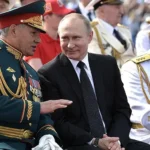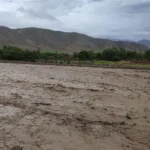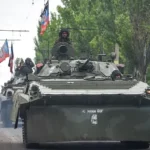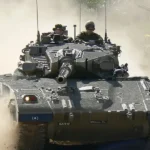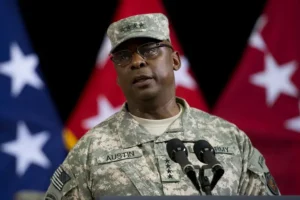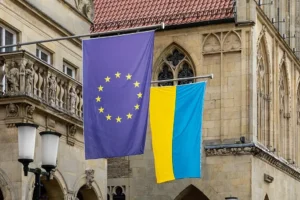Iran’s regime announced on Thursday that it has started building four new nuclear power plants, raising concerns in the international community over its nuclear ambitions.
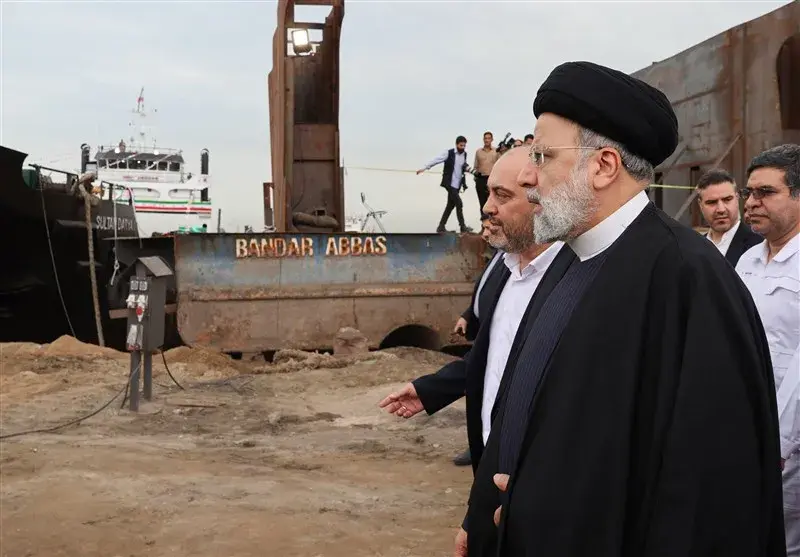
Iran’s regime announced on Thursday that it has started building four new nuclear power plants in the south of the country, according to the official IRNA news agency.
The new plants, which are expected to have a total capacity of 5,000 megawatts, will be located in the port city of Sirik on Iran’s east coast, about 1,150 kilometers south of Tehran.
The project will cost around $20 billion and create 4,000 jobs, said Nasser Shariflou, the project director. He added that each plant will use 35 tons of nuclear fuel per year. Mohammad Eslami, the head of Iran’s atomic agency, said it will take up to nine years to complete the new plants.
Iran already has one operational nuclear power plant, a 1,000-megawatt plant that was built with Russian assistance in 2011. It is also constructing a 300-megawatt plant in the oil-rich Khuzestan province near the western border with Iraq.
The announcement comes at a time when the international community is increasingly worried about the possible military use of nuclear technology by the regime. The West has long accused Iran of pursuing nuclear weapons, which Iran denies.
The UN nuclear watchdog agency, the International Atomic Energy Agency (IAEA), said last year that Iran has raised the level of its uranium production to near that of nuclear weapons.
The IAEA spokesperson quoted the agency’s Director General Mariano Grossi as saying in the report that Iran “has increased its production of highly enriched uranium in recent weeks, reversing a previous production reduction from mid-2023.”
Iran had earlier lowered the level of its uranium enrichment to 60% purity, which is only a small technical step away from the weapons-grade level of 90%.
Grossi also said in mid-January that Iran barely cooperates with the IAEA and that the agency feels “hostage” to Tehran’s disputes with Western countries.
He said in an interview at the World Economic Forum in Davos that it is a “very frustrating situation. We continue our activities there, but at a minimum. They are restricting cooperation in an unprecedented way.”
He cited Iran’s rejection of inspectors because of their nationalities as an example.
He said that this is “a way of punishing ourselves for external things. When there is something that France, the United Kingdom or the United States say they don’t like, it is as if they are holding the IAEA hostage to their political disputes with others. This is unacceptable to us.”
Iran slowed down its uranium enrichment last year, seen as a sign of goodwill as informal talks with the United States began. But it sped up enrichment again at the end of 2023.
“Right now there is a plateau, but it could change in the coming days,” Grossi said. “You never know”.
The relations between Washington and Tehran have also deteriorated with the conflict between Israel and Hamas, with each side blaming the other for escalating the situation, making it harder to curb Iran’s nuclear program.
“We need diplomacy, diplomacy, diplomacy. We have to keep talking, we have to prevent the situation from deteriorating to the point where it is impossible to recover.”
Grossi also said that he “would not exclude returning to Iran.”

